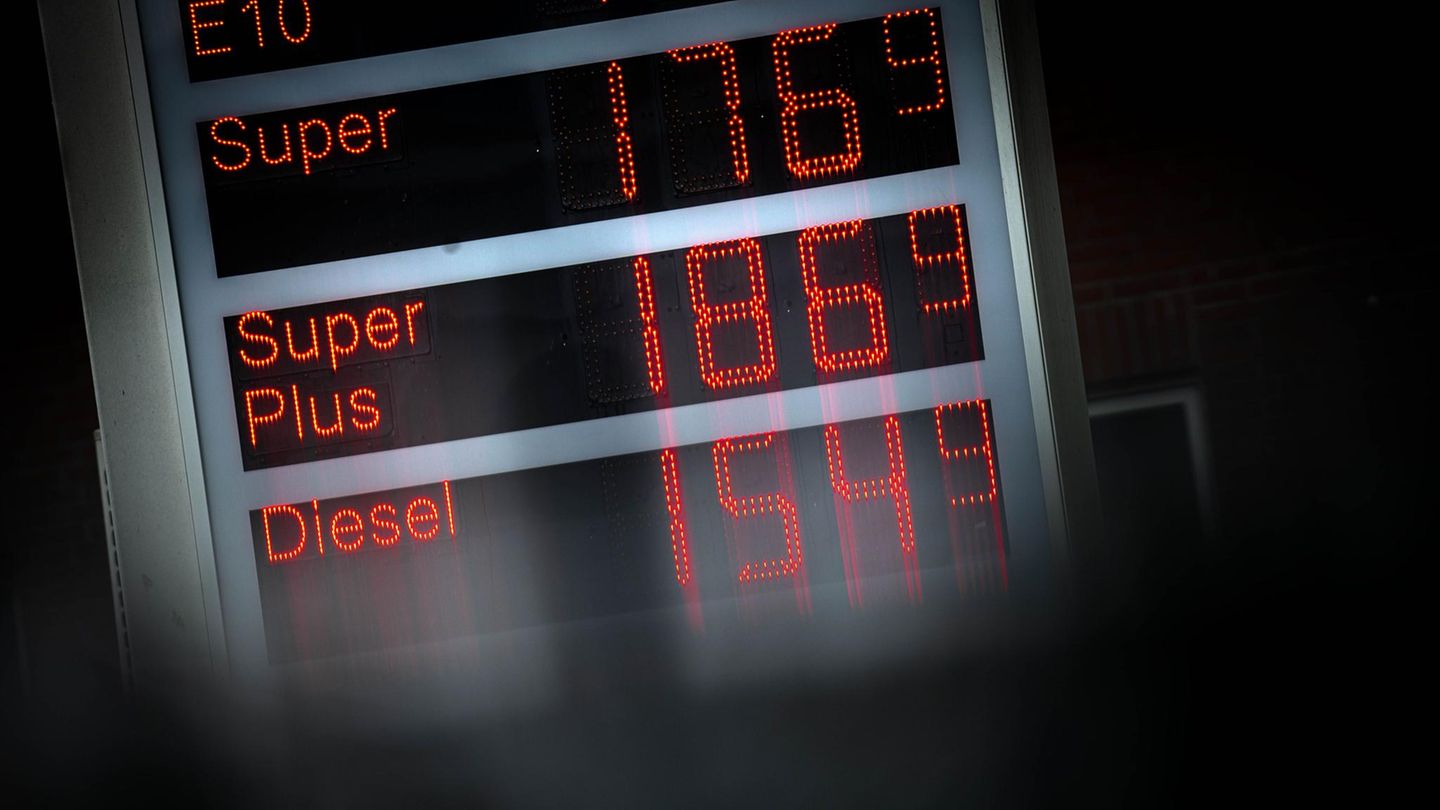For 13 years, Margarita Varela He served as head of Foreign Trade of the Union of Exporters of Uruguay (UEU) and now faces the challenge of assuming the role of executive secretary of the institution. In interview with Ambit, reviews the main challenges in the position that go towards ensuring the competitiveness of the country and closely monitor changes in the Argentine politics with notable local impact.
Although for me the challenges or issues involved in the position are not new, because since 2010 I have been working at the Union of Exporters as responsible for Foreign Trade, without a doubt this is a challenge, because my work was exclusively technical in everything. that has to do with export and now I also have the institutional responsibility of management of the institution.
We have a structure where on the one hand there are selective positions, which is the Board of Directors of the Union of Exporters and from there arise the President and the Vice President; and then we have the technical team of the Union, which is the permanent staff, who are the ones who execute the decisions made by the Board of Directors. There without a doubt Teresa (Aishemberg) She was a pioneer in opening paths, in opening doors for women in a sector traditionally—when she started, more than anything—occupied by men.
—What general analysis do you make of the state of the sector at the beginning of 2024?
In 2023 we close with a drop in goods exports measured in dollars. This reflects several factors but, mainly, the drop in some international prices. There is also the effect of drought so serious that we had and the drop in Chinese demandwhich are big factors.
The data we have is until September 2023, but the services sector is showing growth, that is, on the one hand we have a drop in goods determined by a situation, and on the other hand we have an increase in the services sector.
We think that 2024 will be better than 2023, because for now we will not have the effect of the drought. Yes, it will be important to see how Chinese demand evolves, and how the markets also evolve. international prices which was one of the factors that determined the fall, in very global terms. Then we have situations that affect certain sectors in relation to certain markets, and then more specific situations that affect companies.
Our main objective is to ensure the export development in the sense that this contributes to growth and development of the country in general.
—What expectations do you have and what analysis do you make of the first steps taken by the new Argentine government of Javier Milei?
It is a topic that we are following very closely, the evolution of the Argentine economy It impacts us directly and has occupied us all this time.
Open flexibility opportunitiesbecause one of the first measures was to eliminate the previous system of SIRA, which was a prior permit that the Argentine importer had to request before each import. That was removed and was replaced by a statistical record measure which, from what we have monitored so far, is quite automatic. In this sense, we see this measure as positive.
On the other hand, there is the whole issue of Payments on the Argentine side and the collections on our side. There we must distinguish two situations: one the debt that exporters have pending collection prior to December. A measure was implemented that is a bonus system, which are designed to pay the debt to exporters. We are monitoring this measure very cautiously because the operation was agreed in dollars. So what the Uruguayan exporter intends is to receive those dollars, but in any case, as it is a very recent system, there is not much detailed information on how it is working and what value these bonds are really going to have.
Another situation is that of exports generated after December 13. There was a change in payment terms. Previously, the payment period was generally 180 days and now the new regime establishes staggered payments ranging from 30 to 120 days. The first 30 days of the new system are just over. So we are monitoring with the exporters, to see if they are really charging or not.
—What vision do you have about the exchange rate? Do you consider that there is an exchange delay?
This is one of the main issues linked to the competitiveness. We have a permanent dialogue with the authorities, monitoring and making proposals to try to influence the part that can be influenced, internally, because there are other factors that are external.
We close the year with a fall of the real exchange rate that was a fall moderate, Yes, we see it only for this year, but in reality we have been experiencing a much more significant drop from the previous year that totals 24 months. We are with a gap of 14%.
This means that we become more expensive compared to the rest of the world and that it directly affects the export competitiveness And in the investments, Because to the extent that exporting companies have worse results or their results are affected, they decide to delay investments, then it is an issue that we will continue working on throughout 2024.
—What, then, is the most important challenge for your management in 2024?
Without a doubt it is improving everything that has to do with international insertion and competitiveness. The dollar is a part of competitiveness, but it is not just the dollar, there are a lot of tariffs and production costs, energy, fuel and logistics costs. We focused a lot last year on the port costs and, in turn, within the port costs in the costs of the terminal rates, but we are also looking at air costs and ground costs.
There are a lot of elements such as facilitation of formalities which is also part of competitiveness, such as avoiding duplication of procedures, when the same State agency, according to different procedures that are going to be carried out, repeatedly requests the same information. So there is an opportunity to do those procedures more efficient. There has been progress in this regard, but there is still much to do.
We are pending the closing of the agreement with the European Union, which is very important for the export sector. There are others that are in the making, just taking their first steps, like the application we made to enter the Trans-Pacific Partnership which represents a gigantic market of potential consumers. All of this is very important to us, preserving the commercial flow with the Mercosur, which is where the work of many export companies is directed and many investments made in Uruguay.
Source: Ambito




